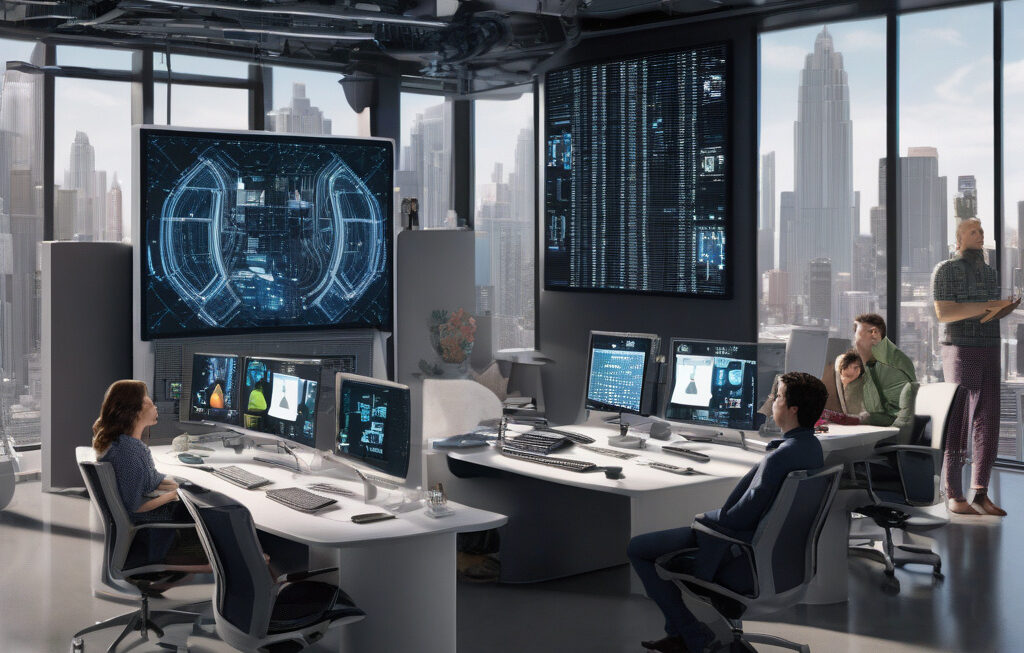AI Sparks Fears Over Future of Dubbing
The rise of Artificial Intelligence (AI) has undoubtedly transformed numerous industries, from healthcare to finance and beyond. However, one area that is now feeling the impact of AI technology is the world of dubbing. In Europe, voice actors are growing increasingly concerned that AI may soon replace human talent in the art of dubbing, raising fears about the future of this long-standing profession.
Dubbing plays a crucial role in making films, TV shows, and other forms of media accessible to audiences around the world. Skilled voice actors are tasked with translating and interpreting dialogue, capturing the nuances of the original performance, and delivering a compelling portrayal that resonates with viewers. The human touch and emotional depth that voice actors bring to their work are irreplaceable, or so it has been believed.
However, recent advancements in AI technology have led to the development of sophisticated voice synthesis systems that can mimic human speech with remarkable accuracy. These AI-powered systems are capable of learning and adapting to different languages, accents, and emotions, raising concerns among voice actors that their livelihoods may soon be at risk.
European voice actors, in particular, are voicing their fears about the potential impact of AI on the dubbing industry. They worry that as AI technology continues to improve, production companies and studios may opt for cost-effective AI solutions over human voice actors, jeopardizing the quality and authenticity of dubbed content.
One of the main advantages of AI-powered dubbing systems is their efficiency and cost-effectiveness. AI can work around the clock, without the need for breaks or compensation, making it an attractive option for production companies looking to streamline their dubbing processes and reduce costs. While AI may offer speed and convenience, it lacks the creativity, emotional intelligence, and cultural understanding that human voice actors bring to their performances.
Despite the growing concerns among voice actors, some industry experts believe that AI should be seen as a complement rather than a replacement for human talent in the world of dubbing. By leveraging AI technology to assist voice actors in their work, studios can potentially enhance the quality and efficiency of the dubbing process while still preserving the artistry and authenticity of human performances.
As the debate over the role of AI in dubbing continues to unfold, it is clear that both technological innovation and human creativity have valuable contributions to make in the world of media localization. Finding a balance between AI and human talent will be essential in ensuring that audiences continue to enjoy high-quality dubbed content that resonates with them on a deep emotional level.
In conclusion, while the rise of AI technology may spark fears over the future of dubbing and the role of voice actors, it also presents opportunities for innovation and collaboration in the industry. By embracing the potential of AI as a tool to enhance rather than replace human talent, the world of dubbing can continue to evolve and thrive in an increasingly digital age.
voice actors, dubbing, AI, European, fears












